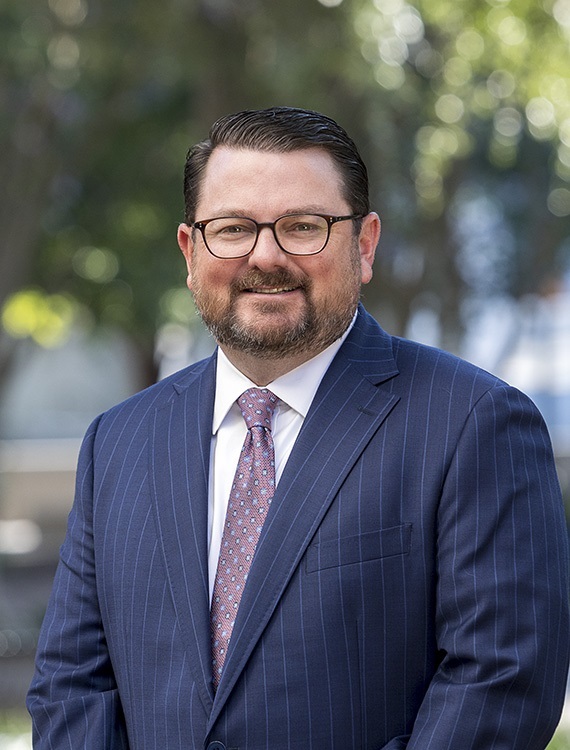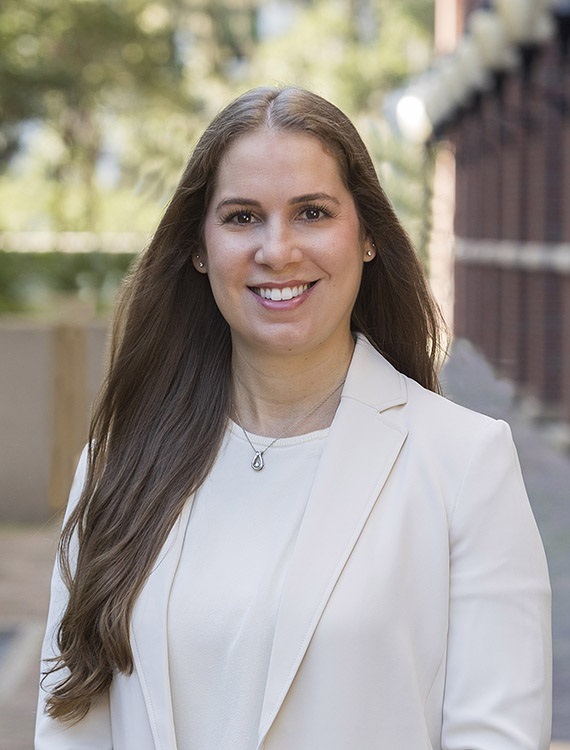Property insurance bill advances to state Senate floor
By MICHAEL PELTIER (Contact)
7:24 p.m., Friday, April 17, 2009
TALLAHASSEE — Insurance premiums would increase for more than 66,000 resident and commercial policies in Southwest Florida covered by the state-run insurance pool under a measure a key Senate panel passed Friday.
It now heads to the Senate floor.
Following spirited debate and by the narrowest of margins, the Senate Policy Committee on Ways and Means approved a measure that phases in rate hikes for Citizens Property Insurance Corp. policyholders by 10 percent a year while phasing out nearly $12 billion from the state’s hurricane re-insurance pool.
State finance officials concede that tight credit markets would prevent them from borrowing enough money to pay claims in the event of a major hurricane. The state’s Hurricane Catastrophe Fund, created in 2002, is now required to pay up to $24 billion.
Sponsored by Sen. Garrett Richter, R-Naples, SB 1950 calls for Citizens rates to rise 10 percent a year until they become actuarially sound, a process that could take more than five years. A competing House provision (HB 1495) calls for 20 percent rate increases to accomplish the same task.
Citizens now handles nearly 19,000 wind and multi-peril policies in Collier County. Nearly 48,000 Citizens’ policies are in effect in Lee County.
Officials at the insurer of last resort say a rate freeze enacted a few years ago has resulted in premiums being roughly half of what they need to pay claims in the event of a major storm. If a moratorium on rates was lifted, rates would have to go up by about 50 percent.
“We have dug ourselves a hole,” Richter told members of the committee.
“This legislation is an attempt to stop the digging.”
The debate has polarized competing camps on the issue of what Citizens’ role should be. Some lawmakers think the state-run insurer should compete more directly with private carriers by offering more profitable lines of insurance like fire and theft coverage.
By making Citizens more profitable, it could lower premiums to existing policyholders.
“Why haven’t we been looking at other innovative, out-of-the-box ideas that could reduce rates and increase funding levels of the CAT fund?”asked Sen. Rudy Garcia, R-Miami.
Others say Citizens, which now insures more than 1 million policyholders, needs to leave the business altogether. By raising rates to actuarially sound levels, private insurers would have more incentive to return and take customers again.
“This bill is intended to reduce Citizens, a state-owned business, as an insurer of last resort,” Richter said.
The measure’s second major provision would gradually reduce the CAT fund’s upper limits. Two years ago, lawmakers increased the CAT funds exposure to reduce the costs for reinsurance for private carriers.
Given the retraction of the credit markets, the state could not raise the money through the private market. In response, both House and Senate plans reduce the state’s exposure by $2 billion a year until it returns to a $16 billion coverage limit within six years. Backers say that private re-insurance would be available for damage in excess of that.
Earlier this week, Florida’s top money manager told state officials that improving market conditions would enable the state to cover a storm similar in size to Hurricane Andrew that slammed into South Florida in 1992.
E-mail Michael Peltier at mpeltier1234@comcast.net.












